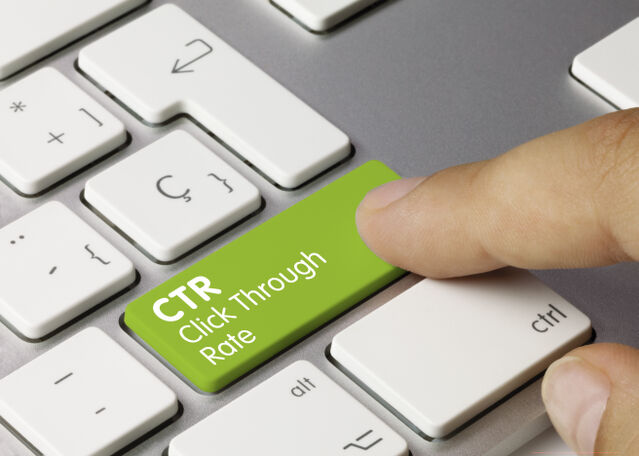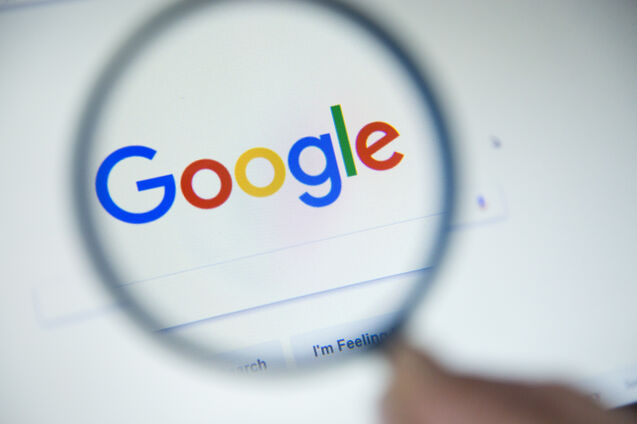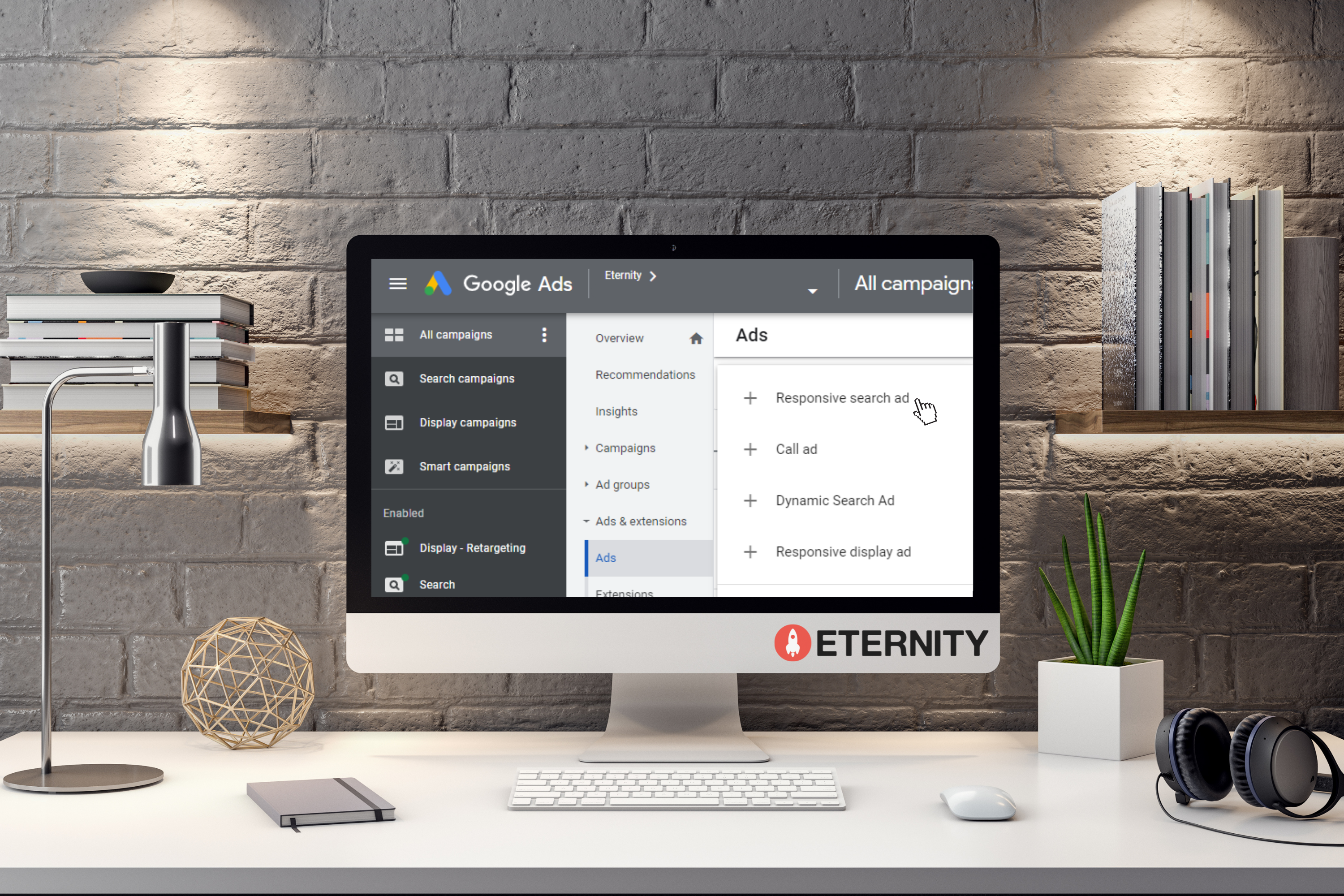Google is a great resource for businesses looking to get their ads in front of potential customers in their moment of need. However, once the Google Ads account is up and running, many business owners make the mistake of trying to find their own ads.
This is a natural inclination and almost everyone wants to do it, but there are a few reasons why searching for your own ads has a negative impact on your Google Ads campaign. In this blog post, we'll discuss why trying to find your own Google ads is a bad idea.
You're Hurting Your Click Through Rate

Google Ads have many factors that contribute to their success. One important measure of how your ads are doing is the click through rate. Your click through rate is calculated by dividing the number of times people clicked on your ad by the number of times it was shown.
Every single impression of your ad counts in this equation, and if you are searching your keywords but don't click on your ads when they appear, your click through rate goes down.
You're Hurting Your Quality Score

Along with ad relevance and the landing page experience of the user, your ad's expected click through rate is used to assess the quality score of your keywords. Searching your keywords without clicking on your ads will result in a lower expected click through rate, and ultimately a lower quality score for that keyword.
A low quality score will keep your ads from being shown very often, and when they do, they will be further down in the search results than those with a high quality score. When your ad shows at or near the top of the search results, there is a much greater chance of reaching a potential customer than if it appears further down the page.
A low quality score also equals a higher cost per click. Google is the world's largest search engine because they're good at what they do. If they think your ad quality is sub-par or not relevant to the keyword, they are going to charge you more to show it, eating into your daily budget.
You're Hurting Your Ad Relevance
If you see the same ad enough times without clicking on it, Google's algorithm will assume your keywords aren't relevant to you or other users searching these keywords and stop showing your ads.
Continuously searching a keyword without clicking your ads may lead Google's algorithm to stop showing your ads altogether if they think that your searches are malicious attacks instead of legitimate user clicks.
Clicking Your Own Ad Is Also A Bad Idea

A click on your own ad is a wasted click. PPC stands for pay per click, so with ppc ads your business is charged every time someone clicks on your ad.
Google doesn't care if it's your own clicks or the clicks of a potential customer - they are going to bill that cost per click regardless. Since every click costs your money, searching for and clicking on your own ad is going to eat into your budget. No business wants to lose money, but these wasted clicks can really add up for small businesses with more limited resources.
Since clicking your own ad is taking you to your website, you're probably leaving the landing page as soon as you get there. Google will read this as a "bounce", which is when someone leaves your site without further interaction. Higher bounce rates lead to lower quality scores, because Google interprets the bounce to mean the ad is not relevant to the keyword used in the search.
You're Not Always Going To See Your Own Ads

There are a LOT of factors that Google takes into consideration when it comes to displaying an ad, so there are a number of reasons why you may not see your own ad.
There are many audience targeting options available when setting up ppc campaigns - location targeting, demographic targeting, device targeting, in-market audience targeting, and so on. Google wants to know as much about your target audience as possible, so your ad campaigns can have the greatest chance of success.
Google knows a lot about you and your interests and wants to deliver the most relevant search results to you (the user). At the same time, Google wants to spend your pay per click money in a way that is most efficient for you (the business). So if you enter your search terms and Google doesn't think you are a part of the target audience for your campaign, you're not going to see your own ad pop up in the results and this is a good thing.
For example, if you're running a ppc campaign with ads targeting females in Boston between the ages of 45-54 who are using a tablet, but Google thinks you're a 34 year old male on a desktop in Vermont, it's not going to waste your money by showing you your ad.
The Correct Way To See Your Own Ad

Of course, it makes sense that a business paying for advertising would want to see their own ad. The way to do this without hurting your ad campaigns is by using an ad preview tool.
Google's Ad Preview And Diagnosis tool lets you see which of your ads are showing up for any given keyword. If the diagnosis tool detects that your ads aren't showing up, it will give you a list of possible reasons for this, and you can adjust your ads accordingly.
Connect With Digital Marketing Experts
Are you interested in getting a ppc campaign up and running to generate more leads for your business? We would love to help! Eternity is here to help you with all your digital marketing needs - contact us today and let's get started!



